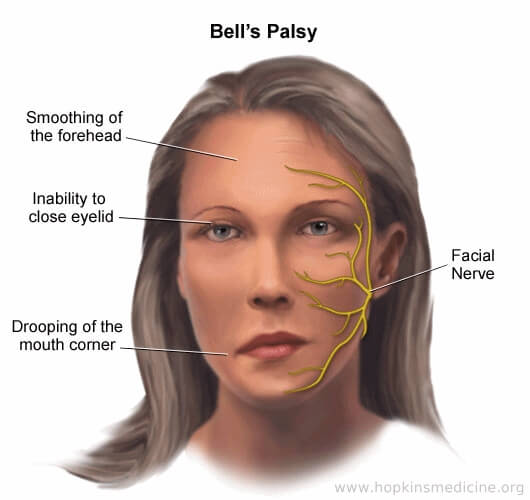Orthopaedic physiotherapy is recommended for a variety of musculoskeletal conditions and situations. Here are common scenarios when orthopaedic physiotherapy is often advised:
- Injuries and Trauma:
- Fractures: Physiotherapy helps in the rehabilitation process after a fracture, promoting proper healing and restoring function.
- Sprains and Strains: Physiotherapy can aid in the recovery from soft tissue injuries, such as ligament sprains or muscle strains.
- Post-Surgical Rehabilitation:
- After orthopaedic surgeries, such as joint replacements, ligament repairs, or spinal surgeries, physiotherapy is crucial for regaining mobility, strength, and function.
- Arthritis and Joint Disorders:
- Physiotherapy is recommended for individuals with arthritis to manage pain, improve joint flexibility, and enhance overall joint function.
- Back and Neck Pain:
- Chronic back pain or neck pain, whether due to disc herniation, muscle imbalances, or other factors, can be addressed through orthopaedic physiotherapy.
- Sports Injuries:
- Athletes with sports-related injuries, including sprains, strains, or overuse injuries, often benefit from orthopaedic physiotherapy for recovery and injury prevention.
- Posture-related Issues:
- Poor posture can lead to musculoskeletal problems. Orthopaedic physiotherapy helps correct posture, relieving pain and preventing further issues.
- Degenerative Conditions:
- Conditions like osteoarthritis, degenerative disc disease, and other age-related degenerative changes can be managed through physiotherapy to improve function and reduce pain.
- Muscle Imbalances and Weakness:
- Individuals with muscle imbalances or weakness, whether due to injury, sedentary lifestyle, or other factors, can benefit from targeted exercises and interventions.
- Neurological Conditions Affecting Movement:
- Physiotherapy is often recommended for individuals with neurological conditions, such as stroke or Parkinson’s disease, to enhance mobility and function.
- Preventive Care:
- Some people seek orthopaedic physiotherapy for preventive care, addressing minor issues before they become more significant problems.
It’s important to note that orthopaedic physiotherapy is highly individualized, and the specific recommendations depend on the patient’s condition, medical history, and goals.
If you are experiencing musculoskeletal issues or have undergone orthopaedic procedures, consulting with a physiotherapist can help determine the most appropriate course of treatment for your needs.Unlock the path to optimal musculoskeletal health with Dr. Kishan, your trusted Physiotherapist in Borivali.




